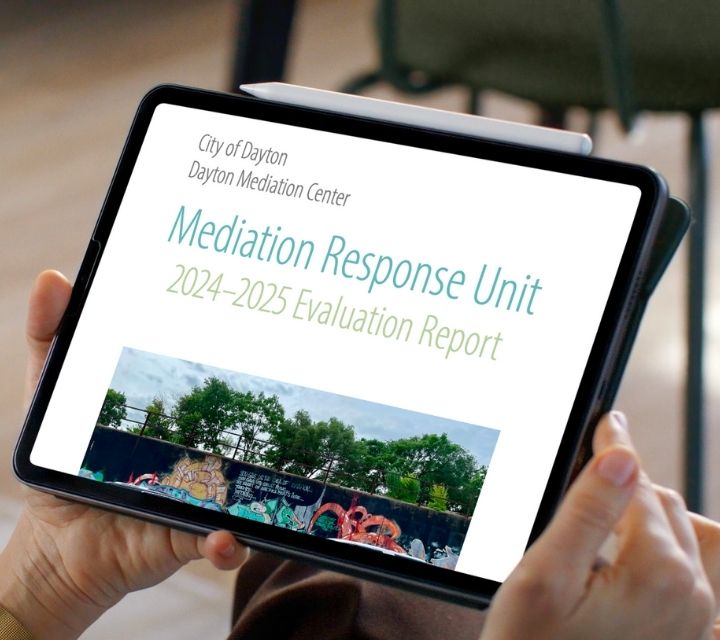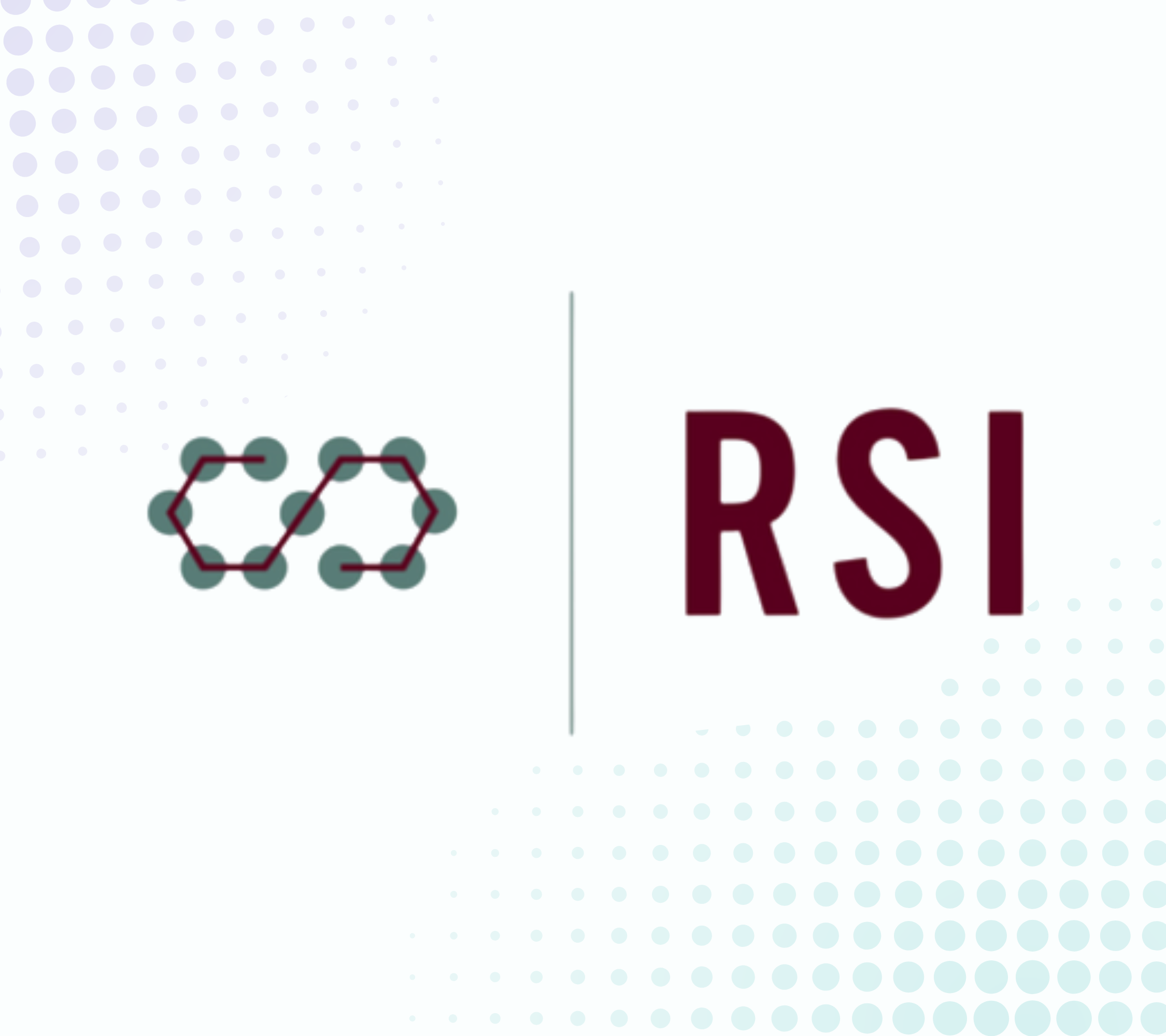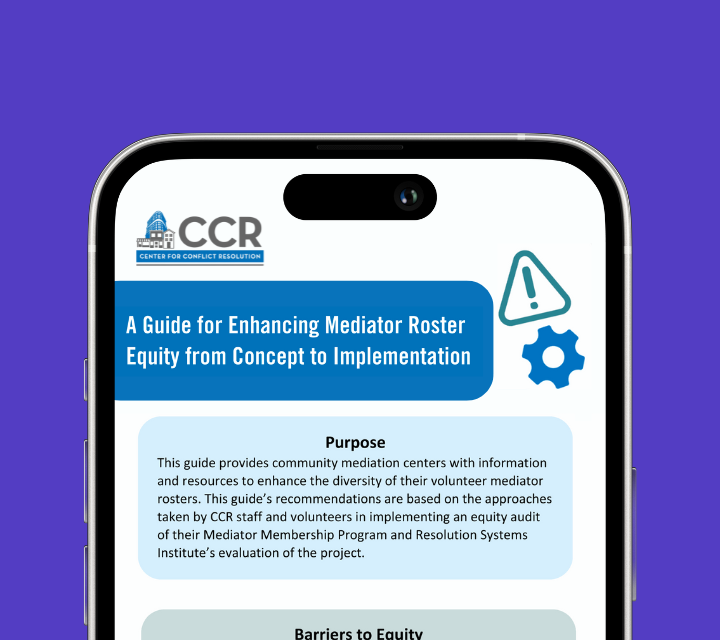Harvard Negotiation and Mediation Clinical Program
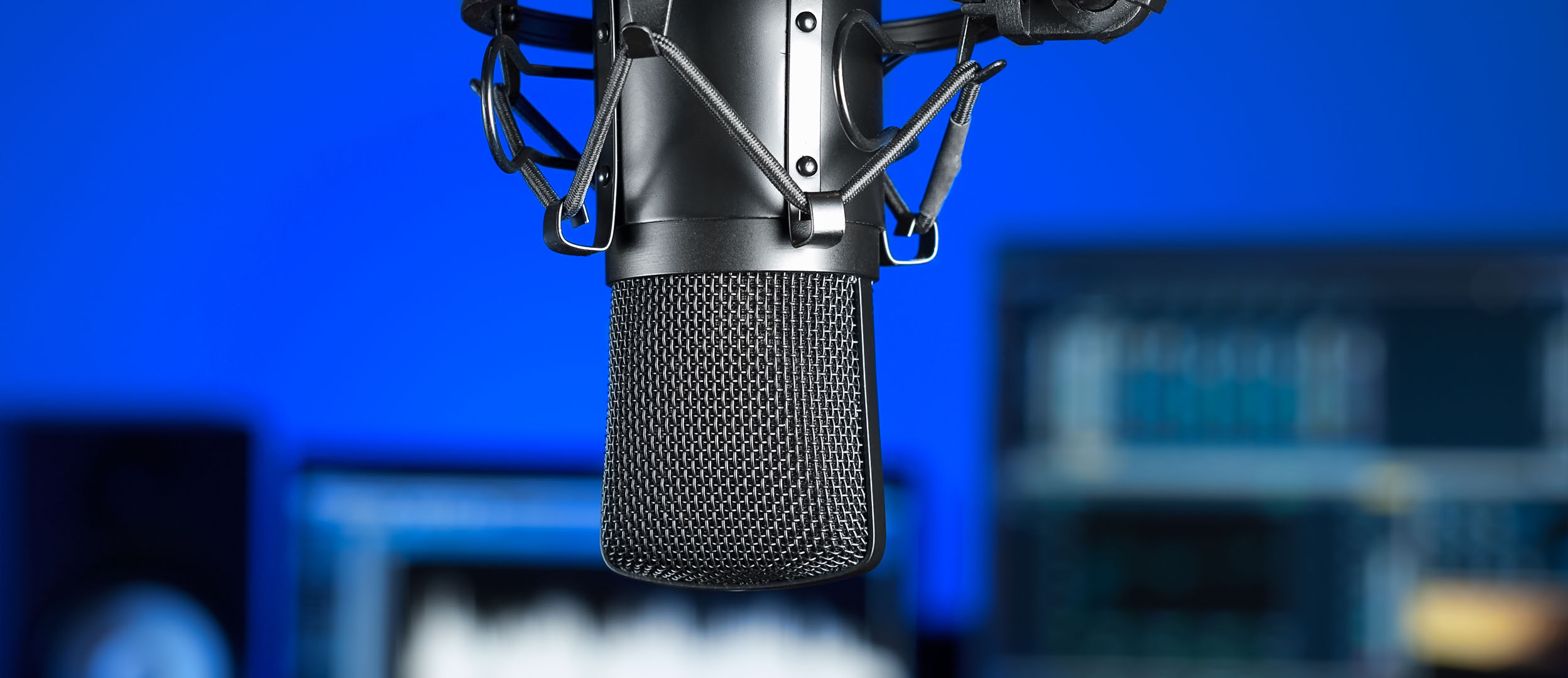
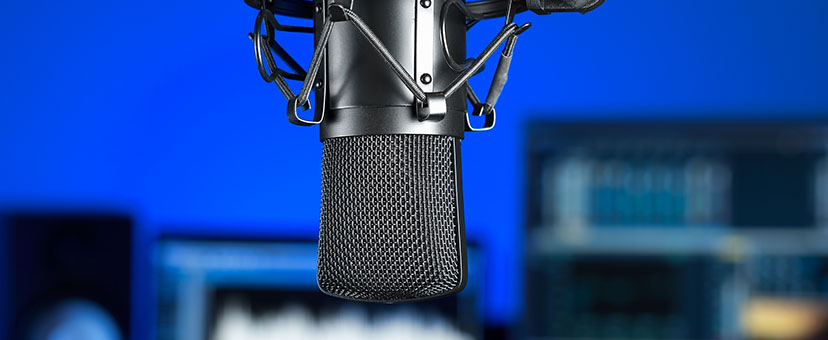
Listen to all episodes of a podcast titled Thanks for Listening, from the Harvard Negotiation and Mediation Clinical Program funded by the AAA-ICDR® Foundation. Links can be found below.
Welcome to the first episode of a new podcast titled Thanks for Listening, from the Harvard Negotiation and Mediation Clinical Program funded by the AAA-ICDR Foundation. This podcast will spotlight efforts to bridge the political divide in the U.S. through dialogue and collaborative processes, profiling the important and often courageous work of individuals and organizations who are helping citizens engage with one another on challenging topics. This first episode looks at politics around the Thanksgiving table—the start of a long month of family gatherings and meals to celebrate the holidays.
Quotes from Ep 1, “Politics at the Thanksgiving Table”:
William Doherty, Ph.D., family therapist: “And so what happens is, if we as a family get into these political discussions the level of reactivity goes up. The ability to be polite and diplomatic goes down and people send each other versions of this message, “How could you possibly hold that view? How could you possibly think the way you’re thinking?” Which then creates reactivity in the other person, because we’re no longer talking about issues or politicians. We’re talking about, it’s intolerable for me that you are so different from me. At a family systems level, that’s what’s going on. And so what a lot of people do then, families, is just avoid it. Stay away, and then it’s the elephant in the room.
Joan Blades, of Living Room Conversations: “This polarization has been incredibly painful to people not only politically but personally. You know, the number of people I’ve seen with tears in their eyes because of relationships lost or injured by partisanship. It’s hard, it’s sad. . . .We kind of forget how powerful listening is. This is not about persuading people. There’s a kind of a perverse thing is when you try to persuade people it’s not very effective honestly. But when you really listen to people, it softens our boundaries. We start to care about what each other care about and then sometimes people actually change a little bit.
The second episode of the podcast is now available. What would happen if people learned to flex their “dialogue muscles” at a very young age? What if, before developing a lot of disconnecting conversational habits, we developed the ones that allow us to engage constructively and effectively with others, even those with whom we disagree? In Episode 2 of Thanks for Listening we’ll be talking about—and to!—teenagers who are discovering how to engage with the skills that bridge divides at a time when they are still developing their identities and shaping the way they interact with the world. We hear from Harvard Graduate School of Education’s Gretchen Brion-Meisels about adolescent brain development, how adolescents are influenced, and how they are uniquely suited to the work of dialogue. And we are excited to host Coutia, Huy, and Jacob in studio—three amazing teens who participated in an experiment called The “Can We?” Project—along with “Can We?” project co-creator and facilitator Deb Bicknell. Our guests show us exactly what is possible when we ask a simple question: “can we?”
Quotes from Ep 2, “Youth, Dialogue, and the Can We? Project”:
Gretchen Brion-Meisels: “. . . . adolescence is this unique period of time where folks have the analytic capacity to think in abstract ways about the world and to critique the ways in which the world is organized but they haven’t been so socialized by the world that they don’t see some of those things anymore. So adults often become so used to the way the world is organized that they don’t see the organizing structures anymore and it’s harder for them to identify or believe that it matters if they critique those structures. Adolescents really believe because they have this gift of youth that what they do can change things. In many contexts, not always, but often, and they also have this amazing ability to see the world with a fresh set of eyes and a way that provides as really important insight into what we might be doing wrong.”
Coutia (one of the teens from The “Can We?” Project): “But sitting there I realized that if you yell at someone and you keep telling them the same thing over and over again, it’s not going to change anything. And I think that was the moment when I was like, this conversation isn’t going anywhere. It’s not going to help me learn. It’s not going to help anybody else in the room learn. So how can we do this better? How can we change this so that every single person in here leaves learning something new? I gained a lot of skills of how to articulate myself, on how to stand up for myself, and also how to know when to leave a conversation. Also, that the point of going into a dialogue or a conversation is not to change the other person’s mind but to kind of gain their perspective and listen to them so that they take the time to listen to you. And I think that is just something I’m going to take with me everywhere I go for the rest of my life.”
The third episode of the podcast is now available: Rebuilding after crisis: Community conversations in Falcon Heights, Minnesota. On July 6, 2016, Philando Castile was shot and killed by a police officer during a traffic stop in Falcon Heights, Minnesota. In the weeks and months that followed, systemic issues that had been present below the surface in Falcon Heights and surrounding cities erupted into the open. The atmosphere was one of rage, pain, resentment, and distrust. In some ways, this was an unlikely setting for constructive dialogue that had any chance of rebuilding the community.
And yet, that is the story that we hear in Episode 3 of Thanks for Listening. We meet John Thompson, Philando’s close friend, who talks about his own activism after the shooting, and what happened when he became involved in a series of facilitated conversations that brought together citizens, activists, city leaders, and police officers. We also hear from Sharon Press, who pulls back the curtain on these conversations and explains how she, and several colleagues, went about the hard work of organizing them in order to create opportunities for healing. Almost three years to the day after Philando was shot, John and Sharon reflect on their personal journeys, their unexpected friendship with one another, and how their communities have changed.
Quotes from Ep 3, “Rebuilding after crisis: Community conversations in Falcon Heights, Minnesota”:
John Thompson on his experience at his first community conversation, after being a self-described “shut it down” activist in the days and weeks after Castile’s death: “So I wound up sitting with the mayor of Falcon Heights, Peter Lindstrom. . . . And the mayor starts talking and then he starts crying. And he said, “I don’t know what the eff to do. I've never had anybody murdered in my backyard. . . .” And he was actually like, not scared for the first time. We scared him a lot, so he kind of shelled up when we showed to the city council meetings. But now I'm sitting across the table from this guy who's not the mayor. He's like somebody's dad. He's someone who I could see at Popeye’s buying a rotisserie chicken. Like he's not or he's not the manager of this city. He's actually like telling me, "John, I have no idea what to do. But I'm here with the community because I have things I want to see done. You have things you want to see done. We're going to do it together." And when he said that, I'm like, ok. It was like an eye opener.
Ep. 3 - Sharon Press, on organizing the Falcon Heights community conversations: “ It wasn't a challenge to get people because there were lots of people in Falcon Heights who were hungry for a conversation and were desperate to try to figure out what could be done. . . . [T]he challenge was really getting a diverse group of people there because that's ultimately what everyone wanted. They didn't want to just have an echo chamber conversation. . . . So one of the one of the things that was most encouraging about it was that that people changed in terms of their sort of their emotional state of when they started the conversations and how they left. . . . [S]pecifically, participants reported feeling more optimistic and trusting and less cynical sad and angry after having participated in their conversations.”
The fourth episode of the podcast is now available: Discovering and Debunking Divides in the Heart of Kentucky Coal Country. In this episode, journey with us to Letcher County, Kentucky—the heart of Appalachian coal country. We’ll examine both the reality of divides that exist where we might not expect them, and the fallacy of divides we create by accepting stereotypes about others—and about ourselves.
Our guest is Ben Fink, an ensemble member of Roadside Theater in Whitesburg, Kentucky. Roadside Theater supports community members’ efforts to design their own solutions to their own problems—by bringing people together to tell their stories, listen to the unique stories of others, and create community and economic opportunity through theater.
Ben comes at the notion of “divides”—and how to bridge them—from a perspective we’ve not yet explored. He challenges us to rethink the very notion of divides. As he sees it, we’ve been sold a false narrative that we are a nation of Red-Blue, Urban-Rural, North-South, Us-Them. Sure, divides exist—at a national level and in our neighborhoods. But when we let divides define us, we give up an important source of power—our shared experiences and commonalities. In this episode, Ben shares stories of what is possible when communities reclaim that power and create their future.
The fifth episode of the podcast is now available: Episode 5 - Last time on Thanks for Listening we examined divides – real and imagined – in Kentucky coal country. In this episode, we explore a project that connected folks from Letcher County, Kentucky, with residents of Leverett, Massachusetts. After the 2016 election, when Leverett voted 86 percent for Clinton and Letcher County went 80 percent for Trump, the partisan gulf between them seemed about as wide as the geographic gulf. So two groups of courageous folks from these distant parts of the country decided to bridge that distance by literally eliminating it and visiting each other’s communities for dialogues about life, family, and politics. Join us to hear how Paula Green, a liberal facilitator from Leverett, and Gwen Johnson, a self-described “Hillbilly woman,” used the power of dialogue to connect across differences and distances.
The sixth episode of the podcast is now available: What can communities do to bridge divides and address simmering tensions before they boil over? Our guests on this episode, Becky Monroe and Bill Froelich, ask this question each day in their work at the Divided Community Project, based at the Moritz College of Law at Ohio State University. As we heard in Episode 3, facilitated dialogue helped communities in MN heal in the traumatic aftermath of the killing of Philando Castile. The Divided Community Project supports communities seeking to reach across divides and engage tension before it boils over, and builds their capacity to engage when a crisis does erupt. Join us in this episode as Becky and Bill describe the origins of the Divided Community Project, the challenges of surfacing underlying and long-standing tensions, and how they engage with communities to “listen for the divide.”
Episode 7: Echo Chamber or Space for Learning? Navigating Divides on Social Media
This episode explores the challenges inherent in online political engagement. While some of us may have had positive experiences connecting with others around political issues online, we also have seen online spaces become unhelpful, potentially harmful echo chambers for what we already believe, rather than sites for learning from those who see the world differently. With more social interaction moving into the virtual world as we weather Covid-19, these challenges are even more urgent. What role does social media play in perpetuating or even amplifying divides? Is there hope for a richer, healthier form of online political dialogue?
Our guest on this episode is an expert in the field of digital media and learning. Professor Andres Lombana-Bermudez explains some of the technological and sociological factors that amplify polarization on social media, and also shares an example of a social media platform that it is proving that online communities actually can work together to foster constructive dialogue and engagement.
Episode 8: Strengths in Numbers
Our guest, Pearce Godwin, founded and now leads the Listen First Project, and has been steadily building the Listen First Coalition—some 300+ member organizations all working to bridge divides and bring people in this country back together again. Pearce shares his insight about the challenges of coalition-building, the powerful impact that Listen First Coalition members have had by joining forces, and seizing on this moment of COVID-driven isolation to use social media and digital platforms to enable people to bridge rather than deepen divides.
Episode 9: Racism, Dialogue, and Avoiding the “Woodchipper of Partisanship"
On May 25th, George Floyd was killed by a Minneapolis police officer who pinned Mr. Floyd to the ground, a knee on his neck, for 8 minutes and 46 seconds. His death sparked widespread protests demanding justice and the dismantling of structural racism in the US. At the same time as the nation in some ways fell into the familiar grooves of division, there was also a palpable sense of new and different energy around Black Lives Matter as a movement, both in calls for action and also an eagerness for learning and reflection about racism in America. This episode explores efforts to bridge divides around racial justice and asks some fundamental questions about the nature of dialogue in this moment. What exactly is the dialogue that needs to be had on race and racism? Is this a time for some to speak and others to listen? Do we need everyone’s voice? And if so, how can we draw all those voices in?
Our guest, Liz Joyner of The Village Square, has been wrestling with these very questions. She shares her experience and perspective borne of fifteen years helping people engage across their differences, not by helping people agree, but by helping them to disagree, and keep talking anyway.
What people are saying about the podcast.
“I love this new podcast!! Really engaging and much needed in today’s world.”
“A fun podcast full of helpful tips that will enable me to survive Thanksgiving with my in-laws!”
“Fantastic new podcast! Super relevant, engaging, and professionally produced. Congrats and keep going!”
Episode 10: Mr. Phillips goes to Washington: A Freshman Representative in the Problem Solvers Caucus
What’s the most partisan group in the U.S. today? If you answered the United States Congress, you’ve got company. Recent polling puts Congress’s disapproval rating among Americans at 71%, with 60% ranking partisan bickering, gridlock, and caring about politics more than the country as their top complaints about Congress. Our guest is working to change that—from the inside out. Congressman Dean Phillips is a Freshman Democrat representing Minnesota’s 3rd District. Join us as Congressman Phillips reflects on the critical importance of listening (both in his home district and in the halls of Congress), some of the institutional barriers to change, and the inspiring work of the Problem Solvers Caucus, a group of 25 Republicans and 25 Democrats committed to bridging the partisan divide and restoring deliberative democracy to the U.S. House of Representatives.

